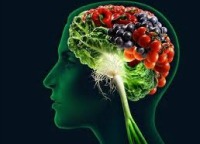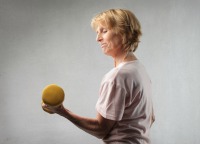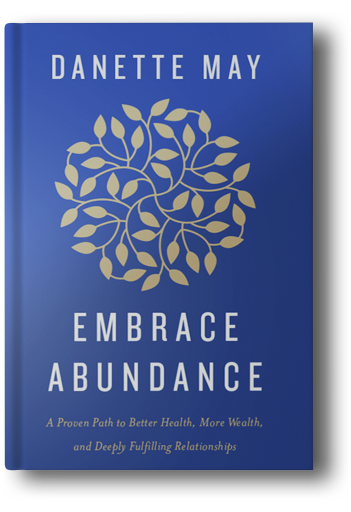Stroke affects about 800,000 people in the United States every year.
It happens when the brain stops getting the blood that it needs. This causes brain cells to die.
Once this happens, the abilities that those cells were responsible for are lost.
Strokes can be minor or they can be catastrophic depending on how much brain tissue is damaged and what part of the brain is affected.
Some people may end up with a temporary weakness of an arm or a leg, while others may lose the ability to speak, may become paralyzed, or may even die.
According to the National Stroke Association, stroke is the fifth leading cause of death in the United States and the leading cause of adult disability.
Making matters worse is that fact that:
8 out of every 10 strokes could have been prevented with the help of medicine and lifestyle changes.
TweetTop 9 Ways to Reduce Your Risk of Stroke
1. Get more exercise. If you just take a 20-minute walk each day, you can cut your stroke risk by 30%.
If you don’t have a 20-minute block of time, you can cut it in half and make it two 10-minute walks. The goal is to walk 2 hours per week.
2. Take measures against depression. Stroke is 29% more likely in women who suffer from depression.
This is in part because women who are depressed are more likely to smoke. They are also less likely to exercise.
3. Get the right amount of sleep. Make sure that you are getting 7 hours of high quality sleep each night, but less than 10. You might think getting more sleep would be a good thing, but you’d be wrong.
People who sleep more than 10 hours a night have a 63% greater chance of stroke.
4. Use olive oil for your salad dressing. You may already know that olive oil is a heart-healthy ingredient, but research shows that using it can also cut your chance of stroke by 40%.
Just make sure you aren't making this common mistake with olive oil.
5. If you get migraines, talk to your doctor. People who get them are at higher risk for stroke. Some migraines can even be avoided by changing your diet.
6. Listen to your body. If you are getting symptoms like heart flutters, shortness of breath or chest pain, you could be having atrial fibrillation (AF).
People who have this abnormal heartbeat have a five times greater chance of stroke. The good news is that there are medicines that are very effective at treating AF.
7. Eat foods high in potassium. Eating sweet potatoes, raisins, bananas and other foods high in this mineral can reduce your risk of stroke by 20%.
Other good sources include fish, poultry, and low-fat dairy.
8. Take a deep breath. The more stress you feel, the higher your chance of stroke.
A study found that people who are more likely to get angry are also more likely to have other high risk factors for stroke.
9. Know the symptoms. One of the most important factors in minimizing the impact of stroke is to get treatment quickly. The best way to do that is to know the symptoms.
Know the Symptoms by using the acronym BEFAST:
B is balance (loss of balance or dizziness)
E is for eyes (blurred vision)
F is for face (drooping, numbness)
A is for arm and leg (weakness, numbness)
S is for speech (slurred, mute)
T is for time (you need to move quickly!)
If you know the symptoms and get help quickly, you can minimize the long-term impact of stroke.
Yours in health and happiness,
Danette
P.S. Please share this important health information with your loved ones and I always love to hear from you in the comments below!






